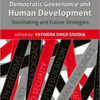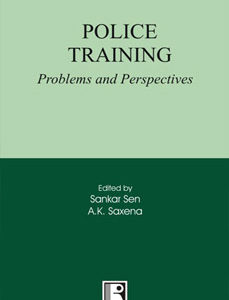PERSPECTIVES ON POLITICAL ORDER: East and West
₹1,195.00 Original price was: ₹1,195.00.₹956.00Current price is: ₹956.00.
25 in stock
What kind of a political order ensures people’s development and welfare best? Obviously, an order that must have a good government based on benign and salubrious principles not only as its constitutive element but also as its operational dimension. It is only such a political order that is capable of regulating and disciplining public life and relations and preventing politicians and bureaucrats from sliding into corruption. The question of good government thus impinges not only on the opportunities people have for proper development and securing their well-being but also on the issue of precluding the possibility of the government turning arbitrary, exploitative and tyrannous. In other words, it is inextricably linked with the kind of political order that aims at maintaining a well-ordered social universe. Without such an order, good government becomes a matter of accident, and can easily fall prey to transient whims and shifting fashions. This book takes this question for a critical discussion and identifies three different genres of political order, viz., liberal, Platonic and Vedic. The Chinese idea of order has been added for further elucidation.
Thought-provoking and comprehensive, this book will attract a vast readership, ranging from students of political science to professionals like political scientists, politicians and activists.
Contents
1 Introduction
2 Varieties of Order
3 Passion, Ethics and Order
4 The State Within Us
5 Reconstructing the Vedic Vision
6 Political Order: Non-Vedic Perspectives
7 Man, Cosmos and Political Order
8 State as Surrogate of Order
9 The Philosopher and the King
10 Dharma, Society and Political Order
11 Overview
| Author's Name | |
|---|---|
| Binding | |
| Release Year | |
| Language | |
| Publisher |
Related products
Political Science
Political Science
Political Science
NUCLEAR POLITICS IN SOUTH ASIA: In Search of an Alternative Paradigm
Political Science
Political Science
Political Science
Political Science











